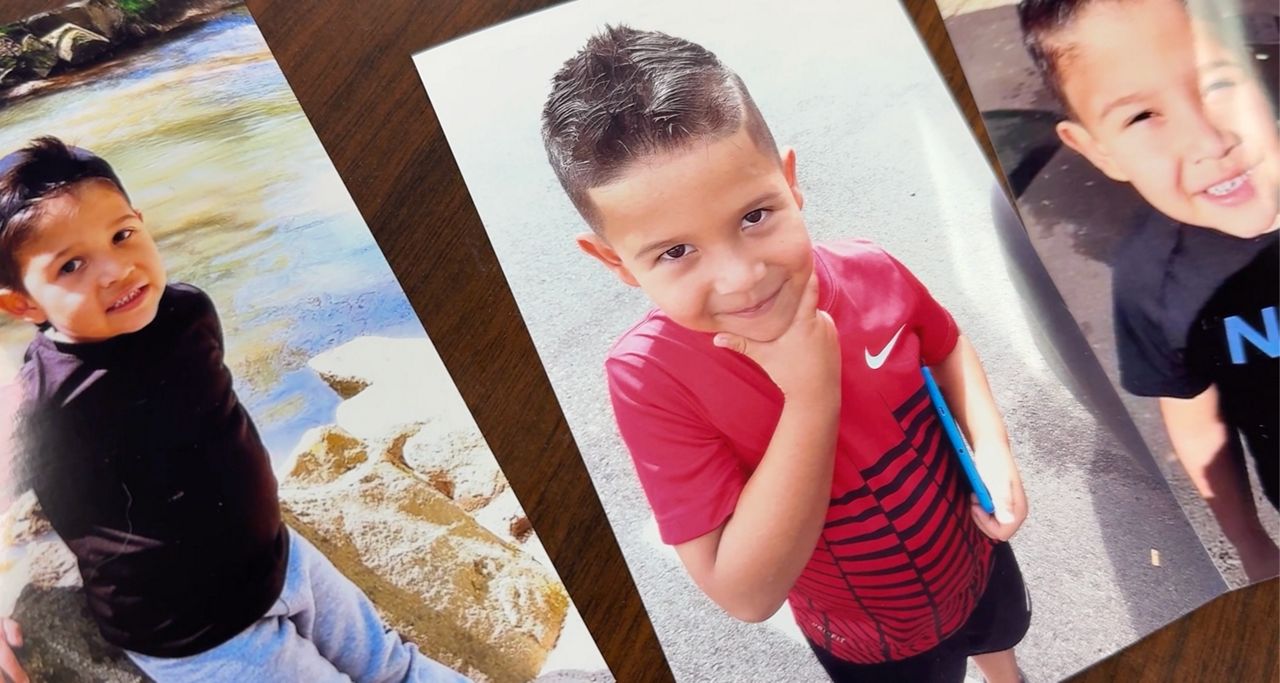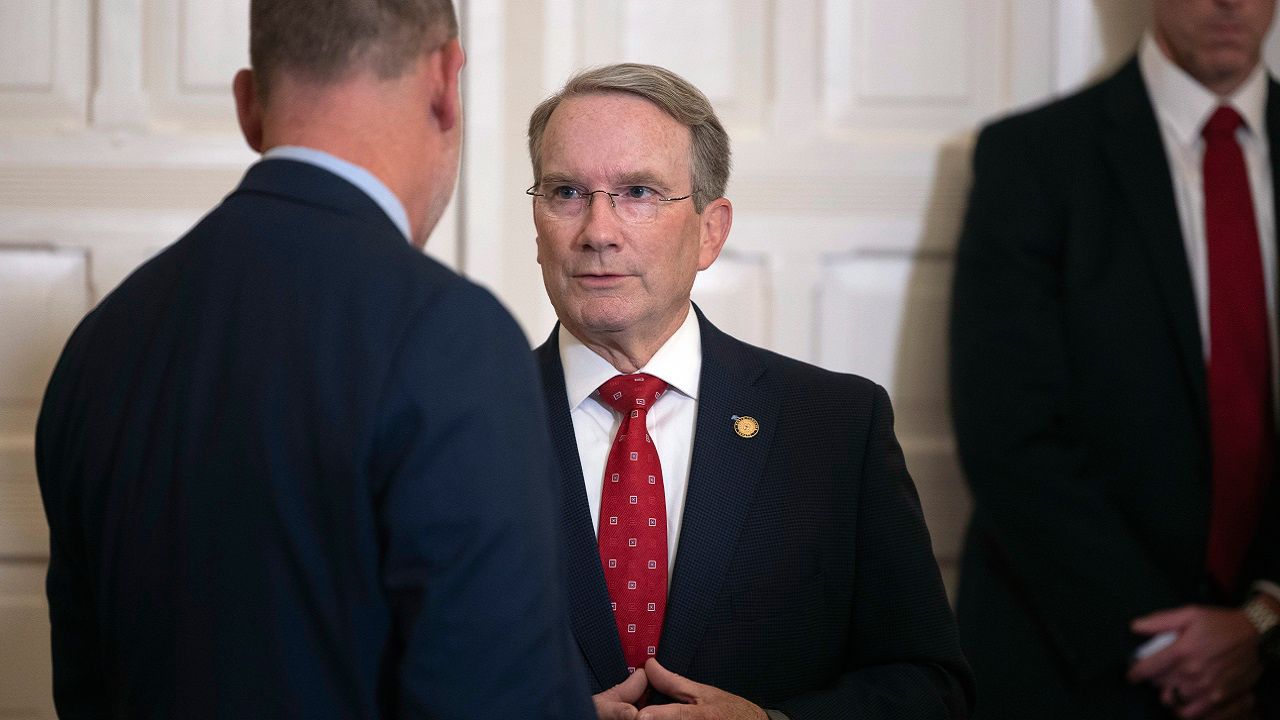RALEIGH, N.C. — As voters head to the polls, the balance of the North Carolina Supreme Court lies in their hands.
There are seven justices total, four are Democrats and three are Republicans. Two of those seats are open for election this year, and both are currently held by Democrats.
- The balance of the North Carolina Supreme Court could change in this election cycle
- There are seven justices total, four are Democrats and three are Republicans
- With two Democratic seats up for election this year, Republicans have an opportunity to take back the majority
If the balance of the court changes, certain political issues could have a more favorable eye from the bench.
Right now, a majority, or at least two-thirds, of the decisions that come out of the North Carolina Supreme Court are bipartisan and agreed on unanimously on technical, constitutional or legal issues. It does not always matter whether a justice is a Democratic or Republican, but it could.
“There will be some issues that are likely to divide Democratic justices and Republican justices," said senior political analyst with the John Locke Foundation, Mitch Kokai. "It will make a difference whether you vote for conservative or liberal, Republican or Democratic justices. And that is a main reason why people ought to be paying attention to these races.”
Right now, the court is considering the constitutionality of a voter ID law, which requires voters to show photo identification at the polls. The idea has been heavily favored by Republicans, but is not currently in practice because the Democratic majority on the court has held it up.
Looking forward, it's expected the next set of justices will likely be asked to consider abortion rights, an issue traditionally very politically divided.
"It's entirely possible that the General Assembly could try to pass an abortion law, and if they are able to get past a gubernatorial veto...it’s entirely likely that there would be some sort of lawsuit about a new abortion law, and that lawsuit would eventually make its way to the state Supreme Court," Kokai said.
Since 2018, all of North Carolina's judicial elections have been partisan races where judicial candidates need to declare which party they are a member of.











